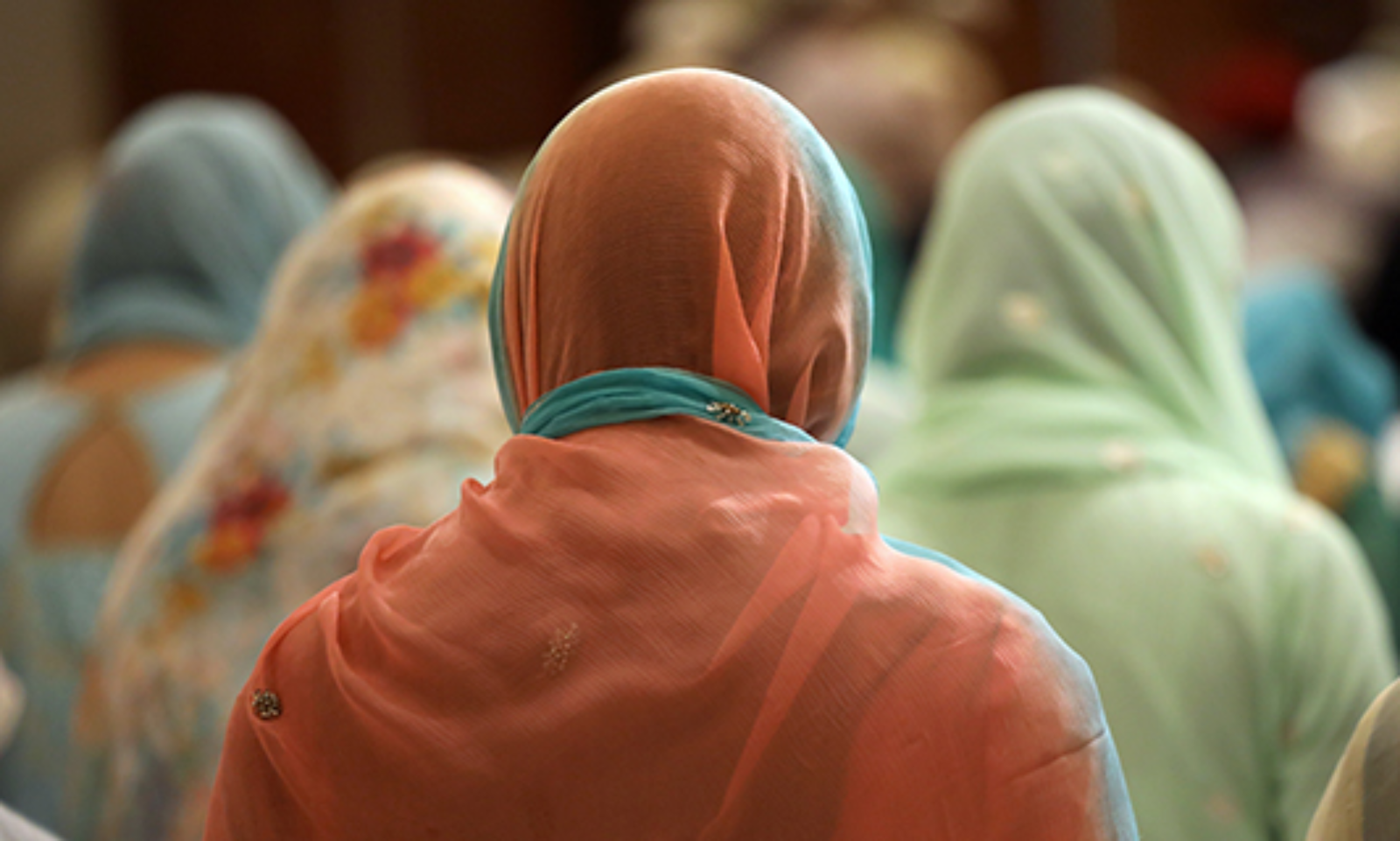Plea before Supreme Court challenges Muslim personal law provisions on intestate succession for discriminating against women

A plea has been filed before the Supreme Court claiming that partition of property as per Muslim personal law provisions is discriminatory towards women, since they are entitled to only half the share of property in comparison to what men get during intestate succession [Bushara Ali vs Irfan Ahammed and ors].
A bench of Justices Krishna Murari and Sanjay Karol on Friday issued notice in the matter, and also directed status-quo on the plea by one Bushara Ali seeking to restrain the respondents from alienating a large chunk of the scheduled property in a suit.
The plea, filed through advocate Bijo Mathew Joy, said that in spite of a guarantee in the Constitution, Muslim women are subjected to discrimination, and that succession of property as per Shariat Law is discriminatory towards women.
"Petitioner begs to submit that the partition of the property as per Shariat Law is discriminatory and same needs to be set aside.
In this regard, the plea said that Section 2 of the Muslim Personal Law (Shariat) Application Act, 1937, is violative of Article 15 of the Constitution, which prohibits discrimination on grounds of religion, race, caste, sex or place of birth.
"Section 2 of the Muslim Personal Law (Shariat) Application Act, 1937, to the extent of not giving equal share to a female compared to a male is violative of Article 15 of the Constitution and therefore void as per Article 13 of Constitution ... the 1937 Act is a pre-constitutional legislature which would fall directly within Article 13(1) of Constitution of India," the plea said.
The petitioner is a decree holder in a partition suit which was initiated after her father passed away intestate without a will in place. She was allotted only half the shares of a property in comparison to what each of her brothers got.
A trial court order had upheld such a partition and during the course of the final decree proceedings, a portion of the land was acquired for the construction of a highway.
The petitioner's brothers had subsequently surrendered a portion of the land to the panchayat, and sold a significant portion of the remaining scheduled property.
An advocate commissioner later allotted to the petitioner a small plot near a dump yard, aggrieved by which, she moved the Kerala High Court.
The High Court had in January this year dismissed the matter, observing,
" ... it is not possible to reopen the preliminary decree which has attained finality, except on the ground of fraud or any ground akin to that including the ground of lack of inherent jurisdiction. No such case was advanced and no suit was filed in that behalf. As such, the finding rendered under the preliminary decree cannot be reopened on any other ground other than those mentioned above. There is no dispute that the final decree passed is not in accordance with the preliminary decree."
This led to the present appeal before the top court.

















